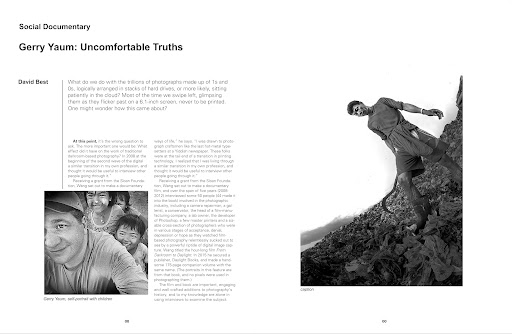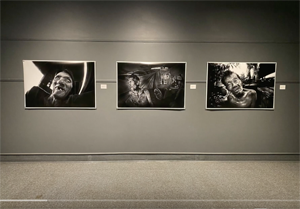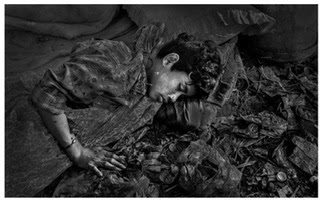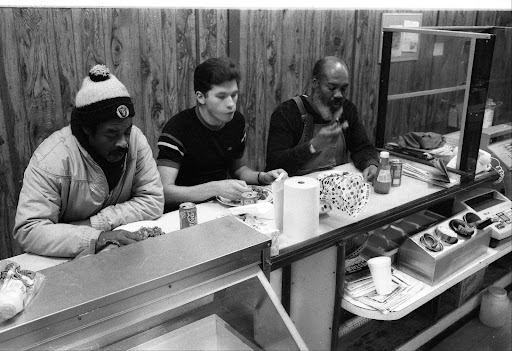From the wonderful book on filmmaker Werner Herzog "Werner Herzog A Guide For The Perplexed".
"As a young man I discovered something that filmmakers need to learn as early as possible: a perfect film doesn't exist. No matter how much you tinker away at his scene or that frame, you have to accept there might be defects in your work. As a filmmaker, you have to learn to live with this, even if these flaws are amplified a thousand times when screened to an audience. It's the same way a parent has to live with his children. A new film is like a child that needs help when taking its first steps. Children are never perfect one might have a limp, another might stutter. They all have their weaknesses and strong points. I actually love the most defective films even more than the others because they need my constant support and have to be protected from the world. It doesn't matter that every one of my films is flawed in some way; what's important is that they are all alive. Like a child, a film grows up, finds a life of its own and learns to stand on its own two feet. At a certain point you have to unchain the boat, give it a gentle kick and let it float out into the middle of the lake. All my films have developed their own relationship with audiences, even those one or two that demand the same effort a mountain demands of a climber. At the summit we sit and bask, with drunken pleasure, in the view of a rarely seen landscape. "
"As a young man I discovered something that filmmakers need to learn as early as possible: a perfect film doesn't exist. No matter how much you tinker away at his scene or that frame, you have to accept there might be defects in your work. As a filmmaker, you have to learn to live with this, even if these flaws are amplified a thousand times when screened to an audience. It's the same way a parent has to live with his children. A new film is like a child that needs help when taking its first steps. Children are never perfect one might have a limp, another might stutter. They all have their weaknesses and strong points. I actually love the most defective films even more than the others because they need my constant support and have to be protected from the world. It doesn't matter that every one of my films is flawed in some way; what's important is that they are all alive. Like a child, a film grows up, finds a life of its own and learns to stand on its own two feet. At a certain point you have to unchain the boat, give it a gentle kick and let it float out into the middle of the lake. All my films have developed their own relationship with audiences, even those one or two that demand the same effort a mountain demands of a climber. At the summit we sit and bask, with drunken pleasure, in the view of a rarely seen landscape. "


























